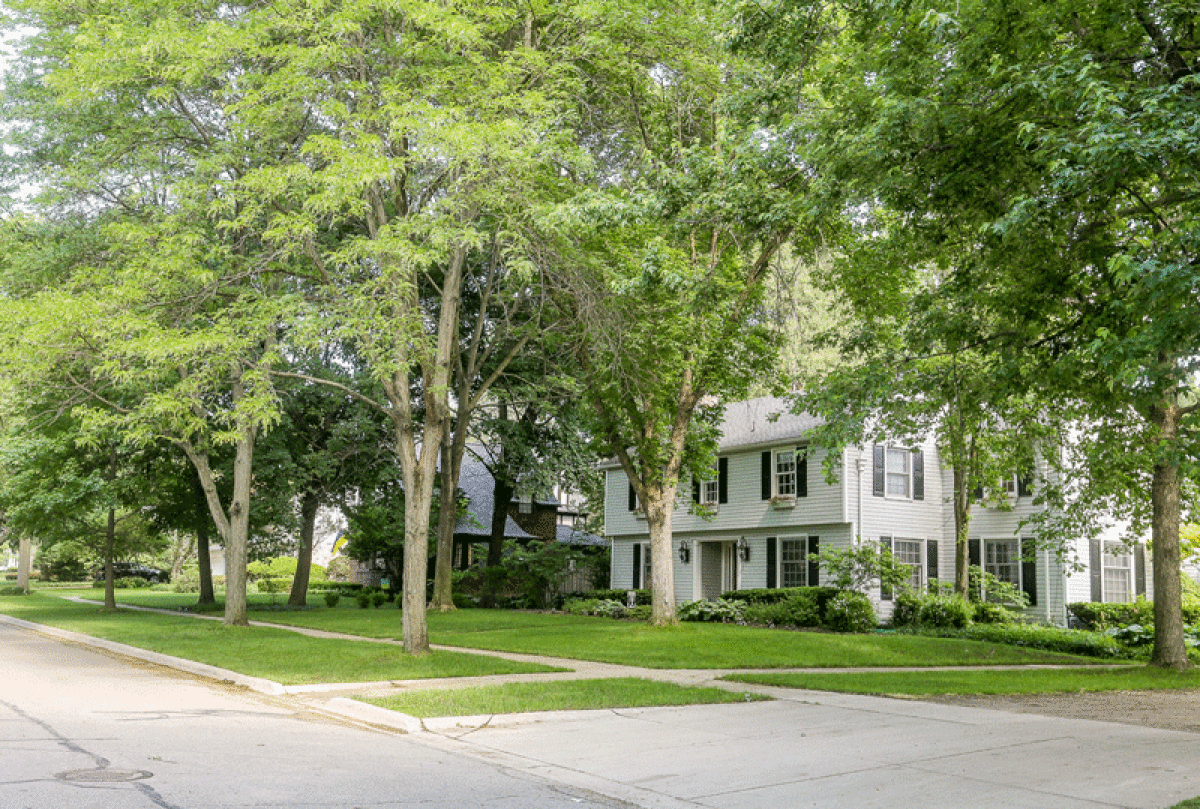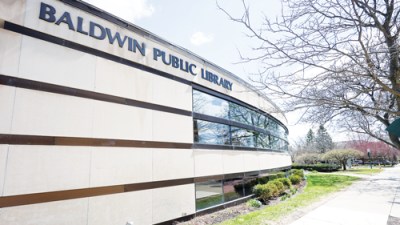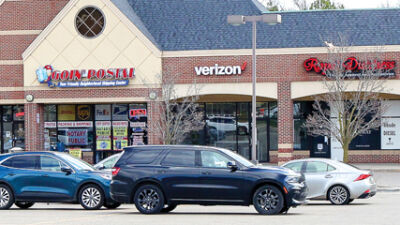BIRMINGHAM — Old homes in Birmingham are cherished by many for the unique character they bring to the city and its neighborhood.
Some Birmingham residents are concerned about how many of them are being demolished.
When a family is in the market for purchasing a home in Birmingham, two of their options include buying an old home and maintaining its original structure, or tearing the old house down to replace it with a new home with modern features.
There are two sides to this topic, and each speaks to the wants and needs of the people of Birmingham.
Nick Dupuis, Birmingham’s planning director, presented data on demolitions from 2015-2020 at a 2022 Birmingham City Commission Long Range Planning session. According to this data, 563 structures have been demolished in favor of new construction. Within this time frame, there were an average of 94 structures demolished per year.
Resident concerns
Patricia Lang is a Historic District commissioner. She is concerned about the rate of demolitions of old homes in Birmingham.
“I have yet to meet one person in this community who is happy about all the demolitions,” Lang said. “Most of the people I have spoken to about it are extremely disturbed by it, and I am thinking the only people that might be happy with it are the people that are buying the new homes that are built in its place.”
One of the ways she thinks this issue could be addressed is through the participation of homeowners associations.
“I really think that one of the things that needs to start occurring is to reactivate these neighborhood associations so people can voice their concerns,” Lang said.
Outside of public comment, homeowners associations do not have any power to control demolitions happening in their neighborhoods.
Birmingham Estates Homeowners Association President Greg Appel spoke to this issue.
“My understanding is that we don’t have any jurisdiction over what happens with our houses,” Appel said. “I can’t agree or disagree that a house can have an addition put on it. I can certainly publicly comment on it with the city, but the homeowner association has no authority to decide what can be done or not.”
Appel further expressed his nieghborhood’s concerns about the demolition of old houses in the city.
“I feel like the city is not doing anything to protect the type of homes that make Birmingham Birmingham, and we are getting a lot of these cookie-cutter homes because they are cheap and quick to build, and people know that they are cheap and quick and easy to build,” Appel said.
He said there has only been one recent demolition of a house in Birmingham Estates.
“The neighbors here are very adamant they don’t want houses being torn down,” Appel said. “The city doesn’t protect us from that. And we can’t protect the neighborhood from that.”
The character of each house in the neighborhood is something Appel and his neighbors take pride in.
“We think one of the charming aspects of our neighborhood is that every house in our neighborhood literally is different,” Appel said. “You won’t see two houses the same.”
According to the second draft of Birmingham’s 2040 master plan, there is no review board or committee responsible for evaluating new houses for the appropriateness of the architectural design or building materials.
Due to changing trends, new houses may not blend in with the existing houses in the area.
Some of the elements of new homes that complicate their ability to blend in are listed in the 2040 master plan draft, which noted the new homes’ large sizes and intense lighting.
Rather than bureaucratic power, Dupuis feels the role of an HOA passionate about this issue lies more in the realm of education and pride for their older homes.
“It is more of a political and community-based power to try and get things like education out there about your home and what taking down an old home does to the fabric of the neighborhood, to the character of the neighborhood, and even to the environment,” Dupuis said.
Reasons a demolition may occur
The value of Birmingham’s property has caused many homebuyers to purchase and demolish existing homes to build a new home.
Stuart Jeffares holds many roles throughout the community. He is on the Birmingham Planning Board, he’s a community representative for Birmingham Next and he is the president of the Crestview Subdivision Association. Jeffares is also a Realtor and a licensed builder.
Jeffares said he sees both sides of this issue, pointing out that sellers can sometimes make more money on their property when the buyer is able to demolish it to build a new home.
There are certain historical homes in Birmingham that are protected from demolition.
Jeffares said an older resident who has lived in a home for decades and can no longer maintain their home would be able to make more money to live off of if they are selling a house that can be demolished.
When people rebuild on these properties, they often gravitate towards features that apply to modern lifestyles.
Dupuis said that while he is sympathetic towards the desire for modern builds, he thinks that demolition could sometimes be avoided by achieving these features through renovation.
“The environmental impacts of tearing down and rebuilding, in most cases, I think, far outweigh the benefits of remodeling or bringing a current house that’s existing today into a more modern framework,” Dupuis said.
Solutions
Dupuis said the city is working on finding solutions to this issue.
“What we are thinking about doing and what I am slowly working on now is to see if we can adopt a program at the Historic District Commission to require some sort of review for any house or building that’s demolished that is over 50 years old,” Dupuis said. “It is another way to promote education for renovations and for what you could do with an existing building while also documenting the city’s history.”
The city is currently working on the third draft of Birmingham’s 2040 master plan, which addresses the demolition of older homes.
More information about the 2040 master plan can be found at the birminghamplan.com.
 Publication select ▼
Publication select ▼
























